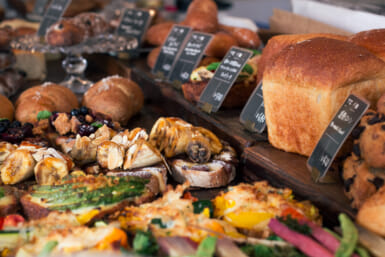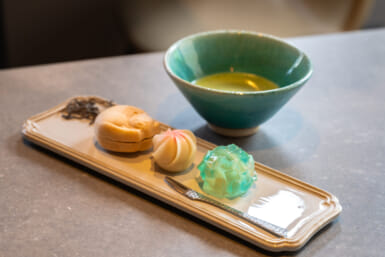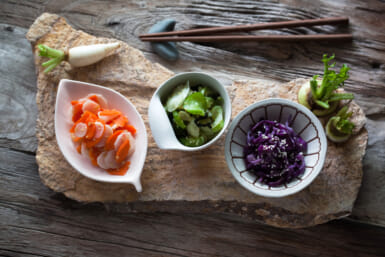by J.K. Whelehan
My friend Marta is not a lunatic; just try her celestial wines from Priorat, Spain and you’ll agree. Though as a believer in biodynamics, “a supercharged form of organics,” she does believe in lunar influences, which are an integral part of this philosophy. In fact, last Christmas she sent me a calendar. For each day it depicts the stages of the moon and
designates it as a flower, fruit, root, leaf, or lunar node. What is the concept behind this, and how does it relate to wine?
The moon moves around the earth every month on an ecliptic path. During this period it passes in front of the 12 constellations: Capricorn, Pisces, etc. The 12 constellations are divided into four groups: earth, air, water and fire. Depending on the constellation, certain parts of the vine will develop better, for example the roots (earth), the leaves (water), the
flower (air) or the fruit (fire). The calendar is an important part of the biodynamic concept of farming, pioneered in the 1920s by Rudolf Steiner. All processes in the vineyard are strictly administered in accordance to the calendar, with no activities carried out on lunar node days.
Indeed proponents like to highlight the influences of the moon on the tides and hypothesize that it has a similar influence on the sap of the vine, therefore implying it is better, for example, to prune when the sap is being drawn down to the roots. Under this school of thought, soil is a living organism influenced by the earth’s rhythms, and wine likewise is similarly alive under the influences of the lunar and cosmic rhythms.
If you are tasting wines, Marta advised me, “Some people prefer to taste on fruit days, since the wines show more of the fruit aspect, however it is subjective and personally, I consider flower days are better, as natural wines express themselves more elegantly, especially on the nose and palate.” On the other hand on root days, the wines will be
more tannic and not so appealing.
What is more surprising is what I found when I checked deeper. It seems notable names such as Tesco and Marks & Spencer have been cited as following a similar calendar, organizing wine tastings on auspicious days.
In case you are intrigued and are pondering opening a great bottle, the upcoming optimum days if you enjoy the fruit character include May 12, 13, 19, 21, 22, 30 and 31. For alternative dates or greater detail, take a look at Maria Thun’s book When Wine Tastes Best 2010: A Biodynamic Calendar for Wine Drinkers. The only question I have is why have the daily horoscope columnists not picked up on it?
J.K. Whelehan is a Tokyo-based wine expert and writer, as well as co-author of the best-selling book Japanese Dishes for Wine Lovers, published by Kodansha and available from Amazon.









